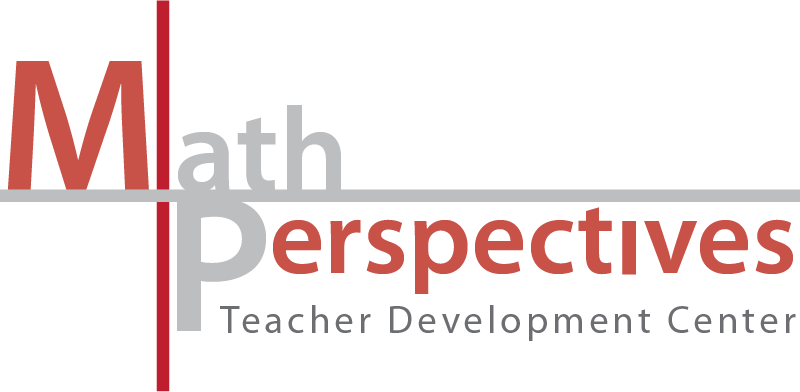Reflections on What It Really Means To Raise Expectations
by Kathy Richardson
During this time in education when the emphasis is on high expectations and accountability, it is essential that we stop and reflect on what this means in the lives of individual children. The need to be successful in mathematics is becoming increasingly important for all children. It is true that children can learn more than we thought possible in years past but only if they are allowed the time and experiences they need to understand the mathematics they are learning. When the pressure is on, there is a temptation to get the kids to “do it.” Too often we end up creating “illusions of learning” rather than building the solid foundation that helps the children continue to move forward after they leave us. We must find ways to meet children where they are in their learning and not demand they perform beyond what they can do with understanding and competence. No matter what external pressures we feel, we must stay focused on providing children with the experiences that will be most appropriate for them.
The following are quotes I have gathered from various places that help me remember how important our job is and to whom we are most accountable.
“The mathematical experiences of a child before the age of eleven, and the responses he has been encouraged to make to them, largely determine his potential mathematical development. The learning of mathematics in the widest sense, begins before the child goes to school and continues throughout the primary (elementary) school and beyond.”
—Notes on Mathematics in Primary Schools, p.1
“Virtually all young children like mathematics. They do mathematics naturally, discovering patterns and making conjectures based on observation. Natural curiosity is a powerful teacher, especially for mathematics. Unfortunately, as children become socialized by school and society, they begin to view mathematics as a rigid system of externally dictated rules governed by standards of accuracy, speed, and memory. Their view of mathematics shifts gradually from enthusiasm to apprehension, from confidence to fear. Eventually, most students leave mathematics under duress, convinced that only geniuses can learn it.
—National Research Council. Everybody Counts, p. 44
“More than any other subject, mathematics filters students out of programs leading to scientific and professional careers. …Mathematics is the worst curricular villain in driving students to failure in school. When mathematics acts as a filter, it not only filters students out of careers, but frequently out of school itself.”
—National Research Council. Everybody Counts, p. 7
“No matter what the age or ability of the students, their experiences with mathematics teach them something about themselves and their place in the world.”
—K. Richardson, Calif. State Dept. of Ed., Math Model Curriculum Guide K-8, p. 11

Leave a Reply